The admission process is increasingly fair, transparent and convenient for candidates as well as training institutions, gradually overcoming the limitations and shortcomings of previous years.
Impact from new points
Up to this point, Prof. Dr. Nguyen Tien Thao - Director of the Department of Higher Education ( Ministry of Education and Training ) said that there are 4 outstanding new points that have a positive impact on university and college admissions in 2025, bringing fairness, transparency and convenience to candidates as well as training institutions.
Firstly, organize a common admission round after the high school graduation exam, and at the same time require admission methods based on transcripts to use the results of the entire 12th grade year. Thereby, reducing costs, inequities and overcoming the situation of 12th grade students neglecting their studies.
In previous years, most training institutions organized early admission rounds before the high school graduation exam based on the results of 5 semesters of high school. This method caused hardship and expense for both training institutions and candidates, and invisibly distracted 12th grade students (especially those who were confirmed to be eligible for admission). This affected the quality of teaching and learning at the end of the year.
In particular, the determination of separate quotas and the number of successful candidates for early admission rounds lacks basis and transparency, leading to the situation where many majors in early admission rounds have lower benchmark scores than the general admission round after the high school graduation exam, which does not ensure fairness and easily creates negative loopholes.
The 2025 admission regulations stipulate that all schools will organize a common admission round after the high school graduation exam results are available, and admission methods based on academic records must use the entire 12th grade study results.
This regulation has thoroughly overcome the above-mentioned shortcomings and limitations; therefore, it has received high consensus from the Departments of Education and Training, high schools, candidates and society.
Second, regulations on admission methods and admission combinations for a training program are based on equivalent conversion of admission scores, overcoming the lack of transparency and fairness. Currently, most training institutions use many admission methods and admission combinations for the same training program.
In previous years, training institutions allocated quotas to determine benchmark scores for each method and admission combination without basis, not complying with the principle of fair competition among all candidates applying to the same major. In addition, the allocation and implementation of quotas did not ensure transparency and consistency, creating loopholes for negativity.
The 2025 admission regulations stipulate that in the case of a major with many admission methods and combinations, training institutions are not allowed to apply the quota allocation method, but must fairly consider all candidates applying to the major according to the general quota.
The admission scores of the admission methods and combinations are determined according to a pre-announced conversion rule, ensuring the equivalent assessment of the capacity of the admitted candidates.
Based on the report of the Advisory Group of Experts, the Ministry of Education and Training has provided detailed instructions on conversion methods and directed the development of supporting software tools to integrate into the general enrollment support software system.
Third, add regulations to limit types of bonus points and bonus points, minimize the abuse of giving priority points to English certificates and other academic achievements, causing unfairness to candidates.
In previous years, many training institutions applied the addition of bonus points and priority points (foreign language certificates, international competency assessments, or excellent student exams at all levels, etc.). In many cases, the bonus points were too high, leading to the total score of the candidate exceeding 30, causing unfairness and loss of opportunities for less fortunate candidates.
Fourth, the system was expanded to include 194 colleges, creating maximum convenience for candidates in registering for admission to universities and colleges. In previous years, the general admission support system allowed candidates to register for admission to colleges with teacher training majors.
In 2025, the common admission system was upgraded, allowing candidates to register their wishes to 194 colleges (voluntarily participating in the common admission system), thereby significantly reducing procedures, records, documents and arising costs.
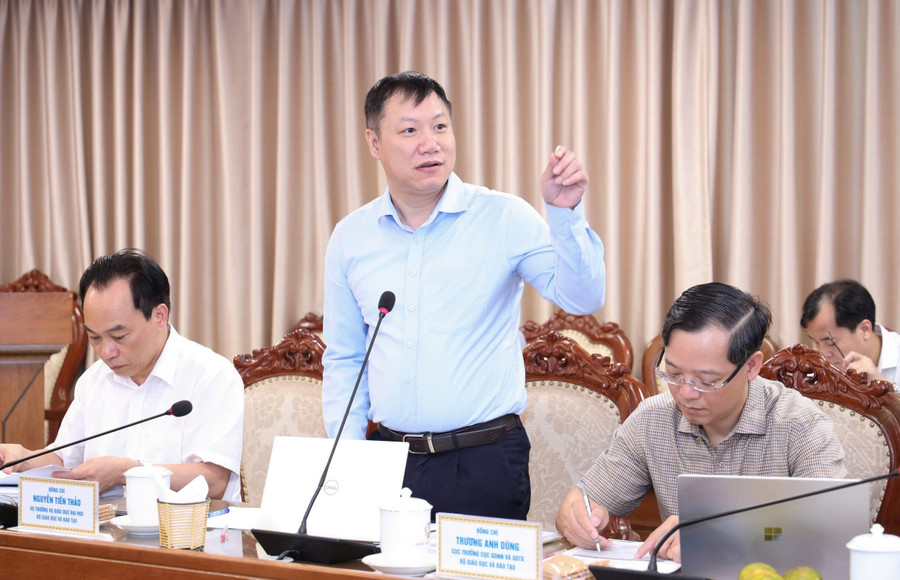
Increase the confidence of learners and society
Prof. Dr. Nguyen Tien Thao affirmed that the general enrollment was basically completed as planned. The general enrollment support system operated stably, overcoming the shortcomings of previous years.
In 2025, the total number of candidates registering for admission will reach 852,000 with 7.6 million wishes for more than 4,000 majors and training programs of more than 500 universities and colleges nationwide.
The entire process was done entirely online, from registration, fee payment, virtual screening and admission confirmation, without any errors from the general system. The online admission registration system was opened from August 25th until September 2nd (3 days longer than planned).
The shortcomings of organizing early admissions and dividing the quotas between admission methods and combinations in previous years have been basically overcome. The entire admissions process is transparent, there is no longer an unreasonable difference in benchmark scores between admission methods and combinations for the same major and school. It can be said that the initial doubts about the necessity, effectiveness and feasibility of the new regulations in 2025 have been answered in practice.
However, for the first time, virtual filtering synchronizes all admission methods, using a system of converting equivalent scores between methods, so some higher education institutions are still confused, there are mistakes in entering admission data, affecting the rights of some candidates who have to make adjustments after the virtual filtering process ends.
It can be affirmed that the overall enrollment results continue to improve, demonstrating the increased trust of learners and society in the quality of training. As of September 2, 2025, the number of candidates who completed enrollment confirmation was 625,477 (an increase of 13.82% compared to 2024); of which the university sector alone was 613,335, equivalent to 52.87% of the total number of candidates taking the high school graduation exam (in 2024 it was 51.3%). The number of training institutions recruiting less than 30% of the target accounted for only 6.5% (in 2024 it was 16.4%).
These figures not only reflect the learning needs of learners and the labor market's human resources, but also strengthen and increase the trust of learners and society in the quality of higher education. In addition, the results of the 2025 enrollment confirmation also show the positive impact of the Government's newly issued policies to attract and train human resources to serve new fields of science and technology, reorienting the structure of industries and human resources in the new period.
In 2025, the Pedagogy and key engineering and strategic technology sectors will attract strong candidates, especially from top universities. While the average benchmark score in 2025 is about 3 points lower than in 2024, the benchmark scores of sectors and schools are strongly differentiated.
The encouraging sign is that the enrollment results of pedagogical and STEM majors have improved significantly. In particular, in the 74 majors with a standard score based on the high school graduation exam score of 28/30 or higher, there are 50 pedagogical majors and 17 key technical majors and strategic technologies (computer science, artificial intelligence, semiconductor microchips, control and automation, etc.).

Still limited
It is undeniable that this year's university and college admissions still have some points that need to be overcome. In the general admission round of 2025, more than 10 out of more than 500 admissions agencies of higher education institutions made mistakes that significantly affected the admission results of candidates. The causes of these mistakes have been promptly identified, mainly in 3 groups:
Firstly, the subjective mentality of some higher education institutions is that they do not participate in full professional training and do not closely follow the new technical adjustments of enrollment in 2025, leading to errors in some steps of the virtual enrollment filtering process.
Admissions officers of universities have not fully understood and properly implemented the Admissions Regulations, leading to errors in announcing and establishing admission conditions and criteria (subject combinations, entry thresholds, additional criteria, etc.). Technical staff and admissions officers of universities change frequently, leading to errors in technical operations (usually due to manual operations).
Although all these errors have been resolved, ensuring that candidates are admitted and enrolled in schools that meet their wishes and actual conditions, the processing at some schools is still confusing, and the updated results are not consistent on the general admission system, causing anxiety and frustration for candidates.
Second, many training institutions apply different admission methods and admission combinations for the same major but do not ensure the ability to evaluate learners' abilities equally.
In 2025, many training institutions will use high school academic results (transcripts) for admission, as well as high school graduation exam results and other academic results and achievements of candidates, and results of separate exams.
In many cases, these methods do not assess the same group of equivalent learners' competencies, so training institutions have difficulty coming up with rules for converting equivalent admission scores.
Similarly, when a major uses too many different combinations (for example, some majors use both A00 and C00 blocks), the conversion is meaningless and sometimes unreasonable and causes psychological effects for candidates and society. This is due to the choice of inappropriate admission methods and combinations.
The 2025 admission regulations requiring equivalent conversion of admission scores have partly overcome this unreasonable situation, but in the first year of application, there was still confusion in implementation by some universities.
Third, some training institutions abuse the form of bonus points and priority points, leading to some majors having unreasonable benchmark scores. The 2025 Admission Regulations have issued regulations to limit the amount of bonus points (bonus points, priority points, etc.).
In reality, there is still an unreasonable phenomenon of adding points, causing the standard score to be pushed up (statistics in 2025 showed 4 cases where the standard score reached 30 points). In some cases, the abuse of the form of adding points can cause unfairness to other candidates who have less conditions or opportunities to compete equally.
In addition to the causes pointed out for each of the above-mentioned shortcomings and limitations, another cause is that communication work (including communication within the industry) has not been proactively and comprehensively implemented, leading to innovation policies that are not fully understood and consistent.

“The Ministry of Education and Training has directed the implementation of university admissions in 2025 with many steps forward compared to previous years. However, there are still some shortcomings and limitations that need to be further studied to overcome. Implementing Resolution No. 71-NQ/TW dated August 22, 2025 of the Politburo, the Ministry of Education and Training is finalizing the draft Law on Higher Education (amended) to submit to the National Assembly, and at the same time, building a Project to innovate university admissions.
This will be the basis for reviewing, amending and supplementing the Admission Regulations towards improving quality, reducing methods, ensuring suitability, promoting the application of digital technology and artificial intelligence, creating favorable conditions and maximum fairness for candidates " - Mr. Nguyen Tien Thao.
Source: https://giaoducthoidai.vn/vu-truong-vu-giao-duc-dai-hoc-tuyen-sinh-dh-cd-ngay-cang-minh-bach-cong-bang-va-thuan-loi-post748471.html





![[Photo] Prime Minister Pham Minh Chinh chairs the 15th meeting of the Central Emulation and Reward Council](/_next/image?url=https%3A%2F%2Fvphoto.vietnam.vn%2Fthumb%2F1200x675%2Fvietnam%2Fresource%2FIMAGE%2F2025%2F11%2F27%2F1764245150205_dsc-1922-jpg.webp&w=3840&q=75)
![[Photo] President Luong Cuong attends the 50th Anniversary of Laos National Day](/_next/image?url=https%3A%2F%2Fvphoto.vietnam.vn%2Fthumb%2F1200x675%2Fvietnam%2Fresource%2FIMAGE%2F2025%2F11%2F27%2F1764225638930_ndo_br_1-jpg.webp&w=3840&q=75)

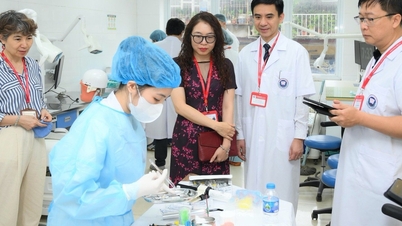



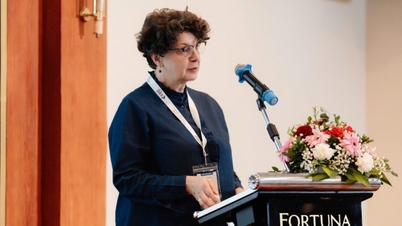

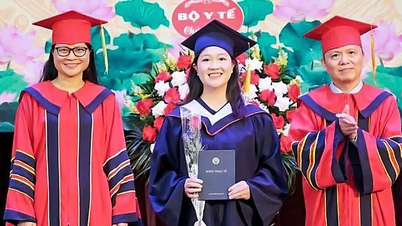

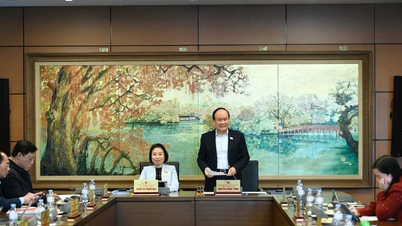

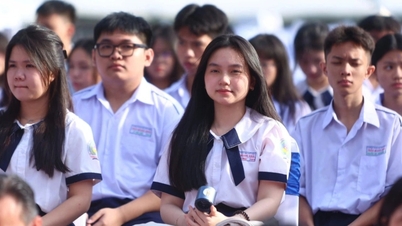

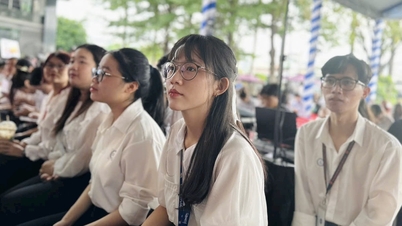

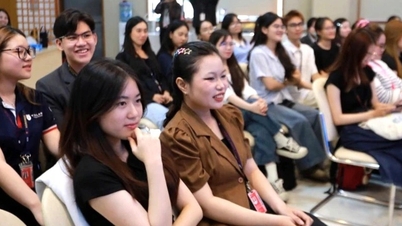
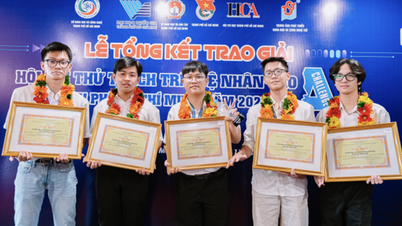

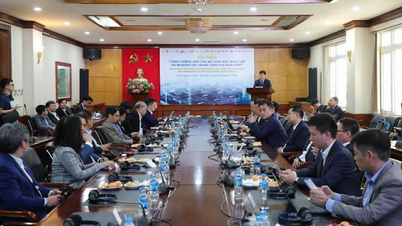





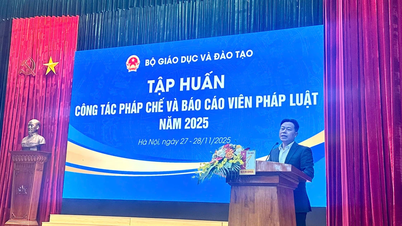
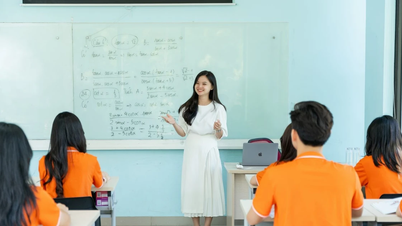
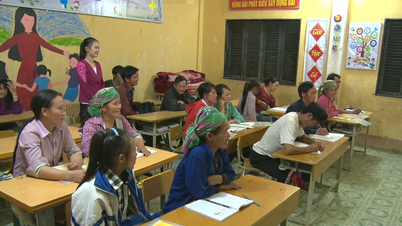
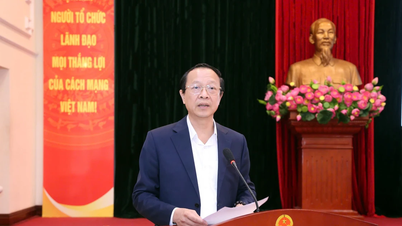
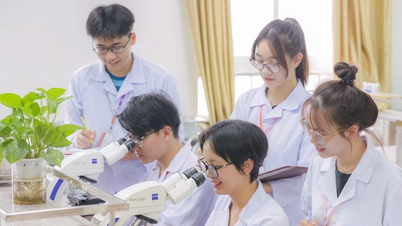
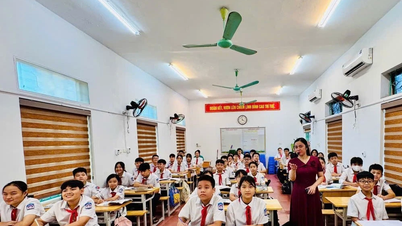


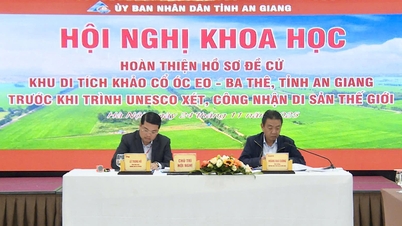







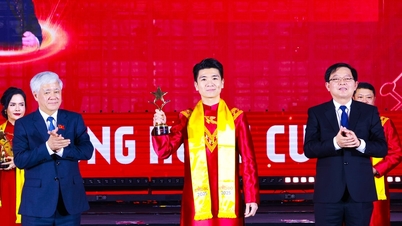



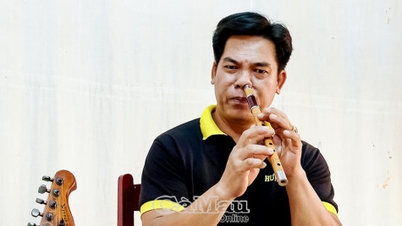



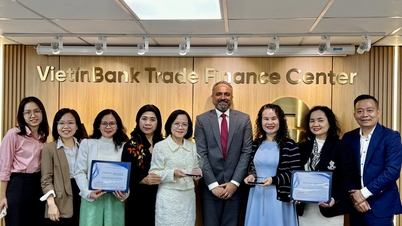


















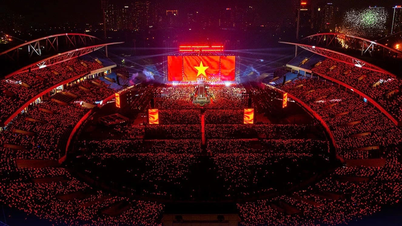



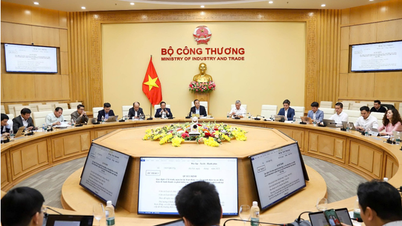

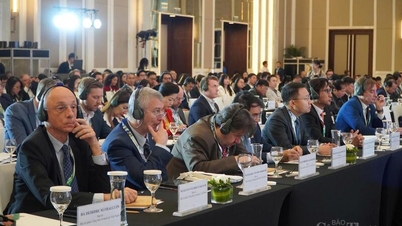
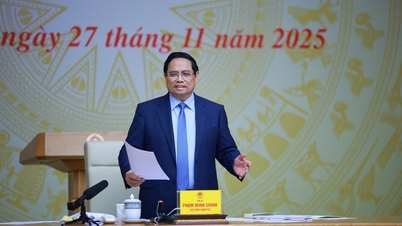




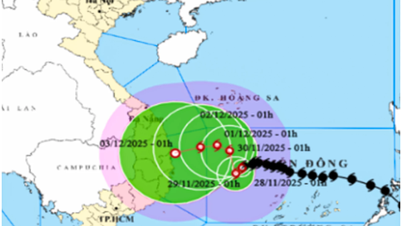






















Comment (0)